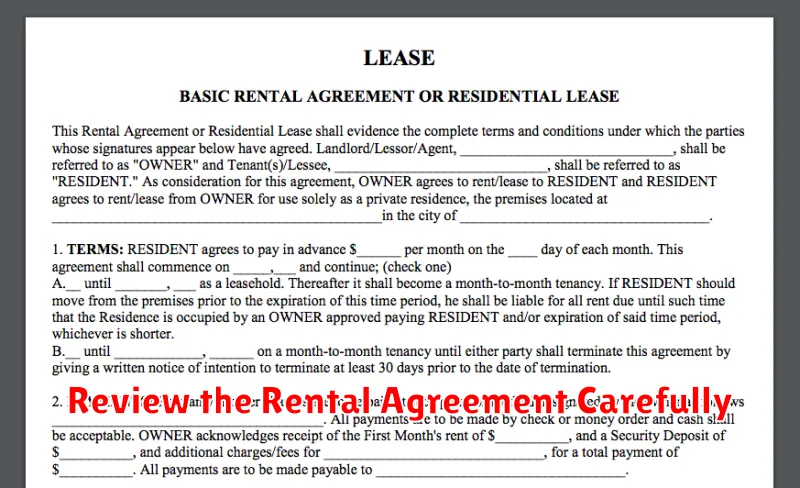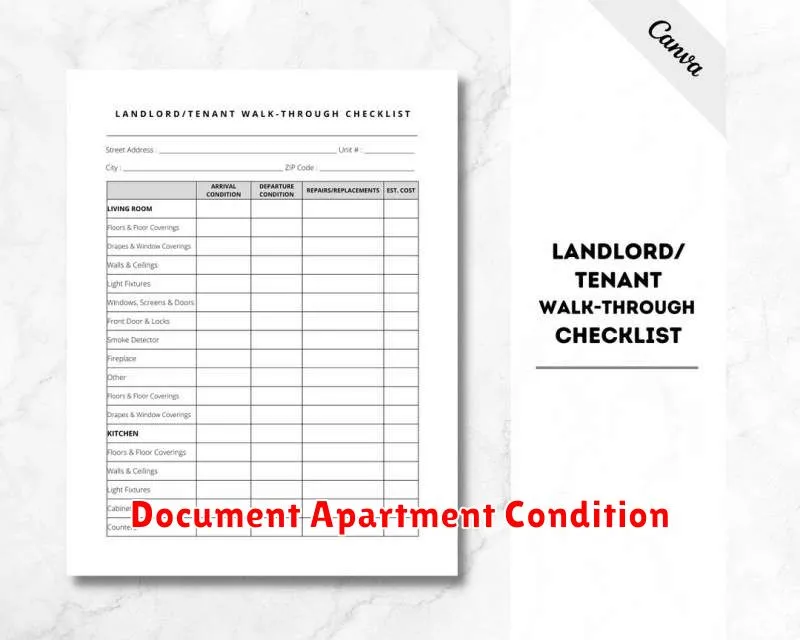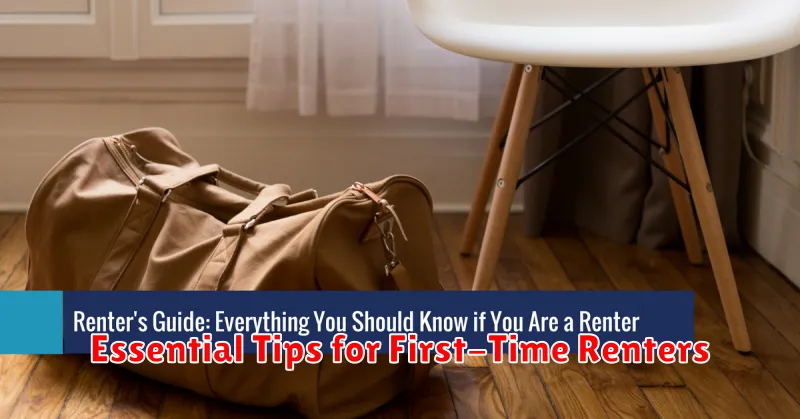Renting your first apartment or house is a significant milestone, marking a transition to independence and a new chapter in life. For first-time renters, navigating the rental market can feel overwhelming. From understanding leases and budgeting for rent to finding the perfect place and dealing with landlords, there are many new experiences and responsibilities to manage. This guide offers essential tips for first-time renters, providing valuable insights and advice to help you successfully navigate the exciting, yet often daunting, process of finding and securing your first rental.
This comprehensive guide will cover essential tips on every aspect of renting, including searching for available rentals, understanding your rights as a renter, and managing your finances effectively. We’ll equip first-time renters with the knowledge they need to make informed decisions, avoid common pitfalls, and embark on their renting journey with confidence. From creating a realistic budget and understanding lease agreements to inspecting properties and communicating effectively with landlords, we’ll provide actionable advice to help make your transition into renting as seamless as possible. Prepare to learn the essential tips every first-time renter needs to know.
Know Your Monthly Budget
Before you start searching for your dream apartment, it’s crucial to determine how much you can comfortably afford each month. Creating a detailed budget is the first step in this process.
Start by calculating your net monthly income. This is the amount of money you receive after taxes and other deductions. Then, list all your essential monthly expenses, such as groceries, transportation, utilities, student loan payments, and any existing debt. Don’t forget to include savings!
Once you have a clear picture of your income and expenses, you can determine the maximum amount you can allocate towards rent. Experts generally recommend keeping your rent expenses below 30% of your net monthly income. This will help ensure you can comfortably meet your financial obligations and avoid overspending.
Review the Rental Agreement Carefully

Before signing anything, thoroughly review the rental agreement. This document outlines the terms of your tenancy, including your rights and responsibilities.
Key areas to pay close attention to include:
- The length of the lease: Is it a fixed-term lease or month-to-month?
- Rent amount and due date: Ensure the agreed-upon amount and due date are clearly stated.
- Security deposit: Understand the terms for returning your deposit.
- Maintenance responsibilities: Who is responsible for repairs and upkeep?
- Utilities: Which utilities are you responsible for paying?
- Pet policies: Are pets allowed? If so, are there breed restrictions or fees?
- Guest policies: Are there restrictions on overnight guests?
If anything is unclear or you disagree with a clause, discuss it with the landlord before signing. Don’t hesitate to ask for clarification or negotiate terms. It’s crucial to fully understand your obligations before committing to the lease.
Ask About Maintenance Policies
Before signing a lease, thoroughly understand the landlord’s policies regarding maintenance and repairs. This includes who is responsible for what, the typical response time for maintenance requests, and the procedure for submitting those requests.
Key questions to ask include:
- How do I report maintenance issues (e.g., online portal, phone call)?
- What is the expected timeframe for repairs?
- What repairs are the tenant’s responsibility?
- What repairs are the landlord’s responsibility?
- Are there specific procedures for emergency repairs?
Having a clear understanding of these policies upfront can help prevent future misunderstandings and frustrations. A well-defined maintenance policy protects both the landlord and tenant and ensures a positive renting experience.
Inspect Utilities and Appliances
Before signing a lease, thoroughly inspect all utilities and appliances. This includes checking the water pressure, flushing toilets, testing faucets, and ensuring hot water is functioning correctly. Document any existing damage, no matter how minor it seems.
Test all included appliances, such as the refrigerator, oven, stovetop, dishwasher, microwave, and washing machine/dryer (if applicable). Ensure they are in working order. Note any defects and bring them to the landlord’s attention immediately. A written record of pre-existing issues can protect you from being held responsible for them later.
Document Apartment Condition

Before you move into your new apartment, it’s crucial to document its existing condition. This protects you from being held responsible for pre-existing damages.
A thorough walkthrough with the landlord is essential. Note any existing damage, no matter how small. This includes scratches, stains, broken fixtures, and appliances that aren’t functioning correctly.
Take photos and videos as visual evidence. A written report, signed by both you and the landlord, further strengthens your documentation. This report should detail all observed imperfections.
Keep copies of all documentation, including the signed report, photos, and videos. This record will be invaluable if disputes arise regarding the apartment’s condition when you move out.
Communicate Clearly with Landlords
Open communication with your landlord is essential for a positive renting experience. Clearly conveying your needs and concerns, and promptly responding to their inquiries, helps build a good rapport. This can be beneficial should any issues arise during your tenancy.
Always put requests in writing, even if you’ve discussed them verbally. This creates a record of your communication and helps prevent misunderstandings. Be polite and respectful in all your interactions.
Document everything. Keep records of all communications, including emails, letters, and text messages. This documentation can be invaluable if any disputes arise.

